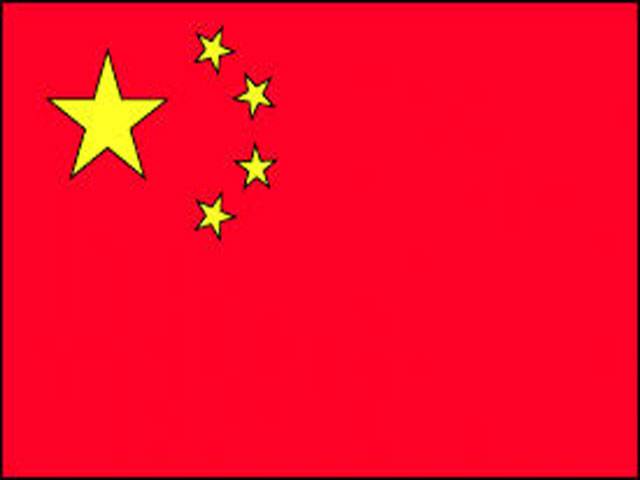ISLAMABAD
Ministry of commerce has concluded fourth meeting of second phase of negotiations of China-Pakistan FTA held in Beijing in which tariff reduction, regulatory duties, trade in services and investment, e-commerce and visa facilitation remained the focus of the negotiations.
Yao Wenliang, DDG ministry of commerce China, and Robina Athar, additional secretary Ministry of commerce, co-chaired the meeting. The Chinese side highlighted that there is no restriction on export of citrus and mango from Pakistan to China. The protocols signed earlier between AQSIQ (General Administration of Quality Supervision, Inspection & Quarantine) and MNFSR (Ministry of National Food Security and Research) are applicable and export can be done without any pre-clearance.
This easy access is highly beneficial for the fruit produce nationwide including Gilgit Baltistan. It was agreed to expedite the registration of rice millers/exporters and the trade would continue as normal till the registration process gets completed. Trade of rapeseed meal and cherry would be streamlined after completion of the formalities.
The first China-Pakistan Free Trade Agreement was concluded in 2006 and came into effect in July 2007. The first phase of bilateral free trade agreement included trade in goods and investment and negotiations are currently underway on trade in services in order to enlarge the coverage of FTA. In the fresh meeting, it was agreed to fasten the completion of the internal requirements as soon as possible so that protocol of banking services can be signed at the earliest.
Both sides are negotiating the FTA afresh after reservations from Pakistani industry that the previous agreement was unbalanced towards China. In order to address the concerns of the Pakistani industry, four broad principles for implementing the second phase of FTA have been agreed upon. One of the main principles is that the tariff concessions will not be on reciprocal basis, rather these would be in favour of Pakistan as China agreed to give more incentives to Pakistan to make up for the adverse impact of the first phase.
The other principles that have been agreed upon are: the tariff reduction modalities of the second phase will be independent of the first phase, different timelines for bringing down duties and lowering tariff and in Pakistan’s case it would be slower and lastly if imports surge beyond a threshold, the two countries are free to apply trigger mechanisms and impose safeguard duties. It was agreed to adopt pragmatic approach in future negotiations and to conduct internal studies simultaneously to expedite the process. The outcome of first round of negotiations was reviewed and the fifth meeting of second phase was agreed shortly.
Friday, April 19, 2024
China offers enhanced access for agri produce

President calls for meaningful dialogue to end polarisation
April 19, 2024
KP minister briefed on issues about sales tax on services
April 19, 2024
64th anniversary of freedom fighter Mirzali Khan marked
April 19, 2024
893,000 students appear in SSC exams in KP
April 19, 2024
Hepatitis Challenge
April 18, 2024
IMF Predictions
April 18, 2024
Wheat War
April 18, 2024
Rail Revival
April 17, 2024
Addressing Climate Change
April 17, 2024
Justice denied
April 18, 2024
AI dilemmas unveiled
April 18, 2024
Tax tangle
April 18, 2024
Workforce inequality
April 17, 2024
New partnerships
April 17, 2024
ePaper - Nawaiwaqt
Advertisement
Nawaiwaqt Group | Copyright © 2024





